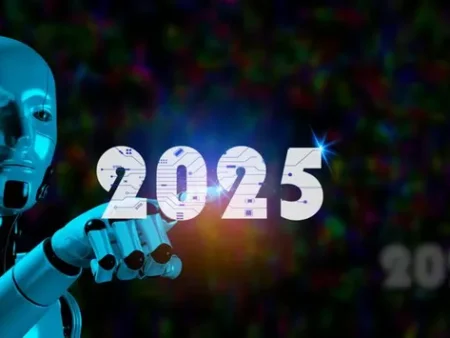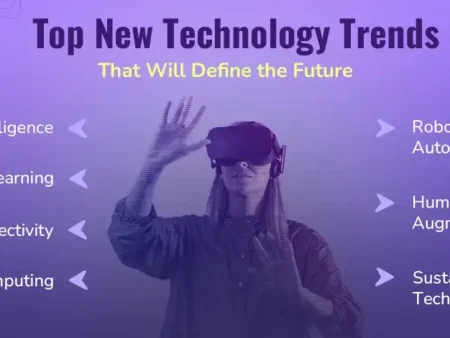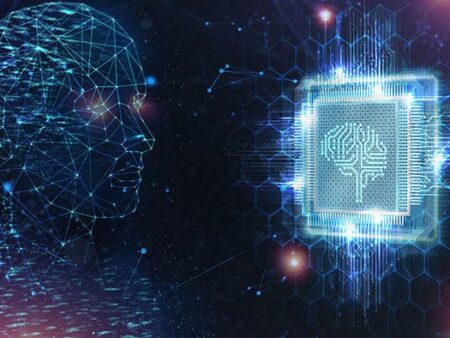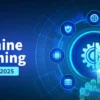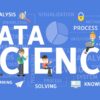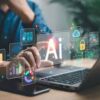Machine learning is rapidly transforming business in 2025, with trends pointing toward more efficient, scalable, and accessible AI solutions. Key developments include the rise of generative AI beyond text, the adoption of small language models, automation through AutoML, and the use of agentic AI for task automation. Businesses are also focusing on ethical, explainable AI and investing in optimized computing and MLOps frameworks. These advancements are enabling faster innovation, improved decision-making, and broader use of AI across industries.
Machine Learning Trends 2025: What Business Leaders Must Know
As the global demand for intelligent automation grows, machine learning (ML) continues to redefine how modern businesses operate. According to MobiDev’s latest insights, 2025 marks a shift toward more efficient, accessible, and scalable AI solutions. From generative models to agentic AI, the year’s top ML trends emphasize real-world impact, optimization, and usability across industries.
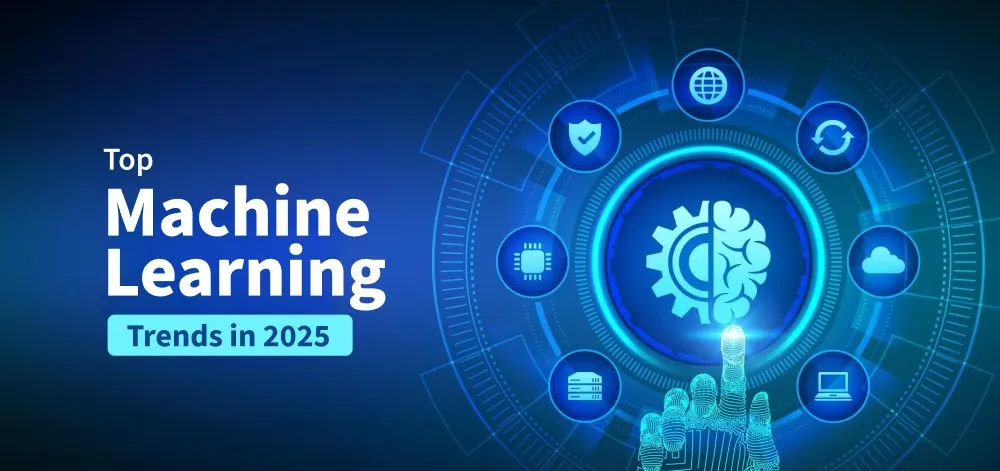
Here are the key machine learning trends expected to shape business innovation in 2025:
Key Machine Learning Trends Impacting Business in 2025
- Generative AI Expands Beyond Text
AI models now generate not only text but also video, audio, and images, offering new avenues in marketing, design, and entertainment. - Rise of Small Language Models (SLMs)
Compact, cost-effective models trained on private data are gaining traction over large, general-purpose AI systems for enterprise use. - AutoML for Faster Development
Automated machine learning pipelines reduce the need for deep expertise, enabling quicker experimentation and deployment. - Multimodal Learning Integration
AI systems that can understand and combine multiple data types (text, image, audio) are improving in performance and decision-making accuracy. - Optimized Compute & GPU Scaling
Investments in hardware and optimized computing environments are accelerating training and inference at scale. - Reinforcement Learning for Adaptive Systems
Businesses are leveraging RL techniques to build systems that learn and evolve from dynamic real-world environments. - Retrieval-Augmented Generation (RAG)
Hybrid models combine generative AI with search capabilities to deliver more factual, real-time responses in enterprise applications. - Agentic AI and Virtual Agents
Autonomous AI agents are increasingly being used for tasks such as support, operations, and workflow management—reducing human workload. - Low-Code/No-Code AI Platforms
These tools are democratizing access to machine learning by enabling non-technical users to create and deploy ML models. - MLOps Adoption for Production Readiness
Businesses are focusing on robust ML operations frameworks to ensure reliability, scalability, and lifecycle management of models. - Few-Shot and Zero-Shot Learning
Pre-trained models now require minimal data to adapt to new tasks, significantly reducing training time and cost. - Ethical and Explainable AI
As AI systems become more integrated into decision-making, transparency and fairness are essential to maintain trust and regulatory compliance.
Why It Matters
These trends reflect a clear movement toward responsible, scalable, and enterprise-aligned machine learning. Companies adopting these innovations stand to improve operational efficiency, customer experience, and data-driven decision-making.
